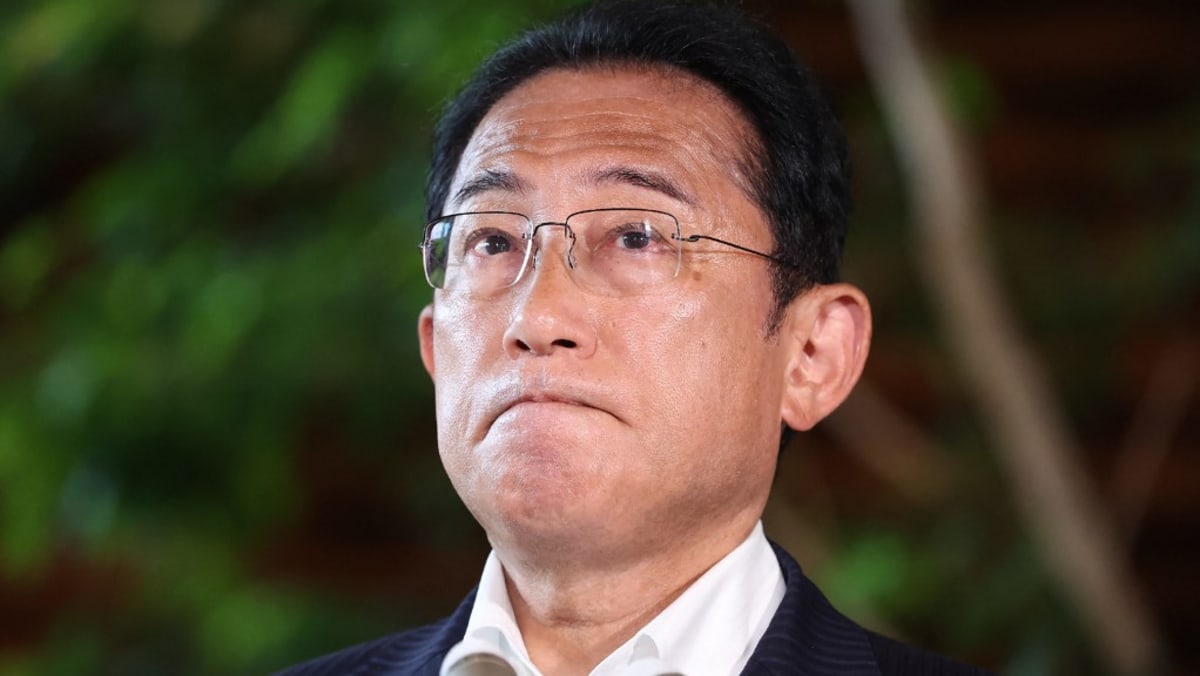
Abe was killed on Friday by a gunman who opened fire at close range as the hugely influential politician delivered a campaign speech in the western region of Nara.
Footage broadcast by NHK showed him standing on a stage when a man dressed in a grey shirt and brown trousers approached from behind, before drawing a weapon from a bag and firing.
At least two shots appear to be fired, each producing a cloud of smoke.
As spectators and reporters ducked, a man was shown being tackled to the ground by security and he was arrested.
Local media identified the man as 41-year-old Tetsuya Yamagami, citing police sources, with several media outlets describing him as a former member of the Maritime Self-Defense Force, the country’s navy.
He was wielding a weapon described by local media as a “handmade gun”, and NHK said he told police after his arrest that he “targeted Abe with the intention of killing him”.
Hidetada Fukushima, professor of emergency medicine at the hospital where Abe was flown to, said he suffered two gunshot wounds to the neck and died of massive blood loss, despite being administered enormous transfusions.
Abe held office in 2006 for one year and again from 2012 to 2020, when he was forced to step down due to the debilitating bowel condition ulcerative colitis.
He was a hawkish conservative who pushed for the revision of Japan’s pacifist constitution to recognise the country’s military and has stayed a prominent political figure even after his resignation.
Japan has some of the world’s toughest gun-control laws, and annual deaths from firearms in the country of 125 million people are regularly in single figures.
Getting a gun licence is a long and complicated process for Japanese citizens, who must first get a recommendation from a shooting association and then undergo strict police checks.
Corey Wallace, an assistant professor at Kanagawa University who focuses on Japanese politics, said the incident recalled the 1960 assassination of Inejiro Asanuma, the leader of the Japan Socialist Party, who was stabbed by a right-wing youth.
He noted that Japanese politicians and voters were used to a personal and close-up style of campaigning.
“This could really change,” he said.

